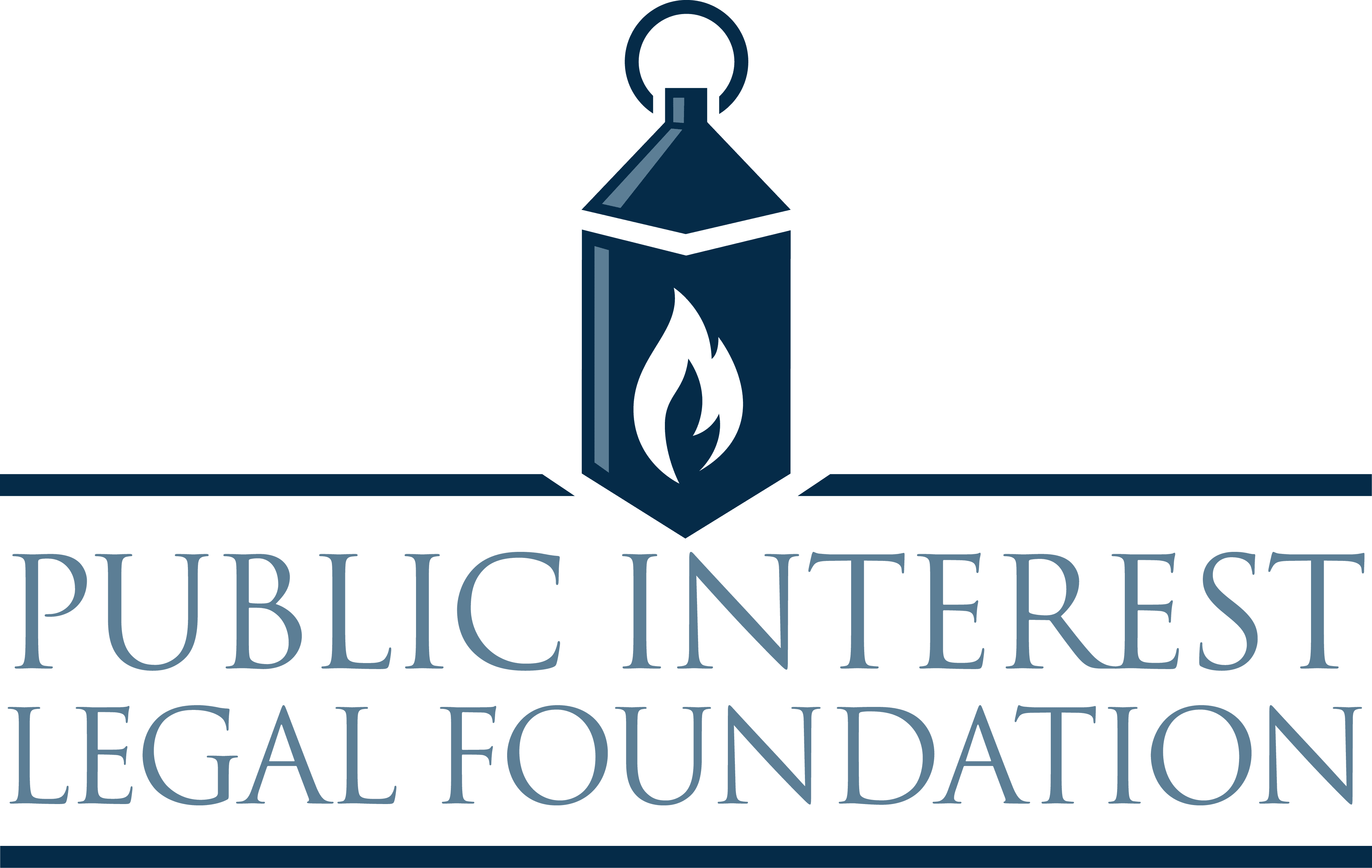(WASHINGTON, D.C.) – November 13, 2018: The Public Interest Legal Foundation (PILF) requested leave to file an amicus curiae brief in the U.S. Supreme Court in support of the Department of Commerce’s positions regarding the proposed citizenship question for the 2020 Census.
The United States is currently defending the reinstatement of a citizenship question on the general 2020 Census survey against multiple lawsuits brought by the State of New York and others. The Foundation was previously granted entry before the district court and the Second Circuit Court of Appeals to share the value the citizenship data would have in federal voting rights law.
“Collecting robust citizenship data in the 2020 Census is good government policy,” PILF President and General Counsel J. Christian Adams said. “Citizenship data helps the Justice Department and private parties protect voting rights. The inclusion of the question will only further empower the Government to enforce voter protections in previously overlooked areas.”
The proposed brief notes:
Robust citizenship data from the Decennial Census has aided in the enforcement of federal law in the past and will do so again. The determination to gather such data during the 2020 Census is logical and appropriate.
The Foundation offers four arguments related to voting rights enforcement.
Disagreement between Executive Branch Officials and career bureaucrats cannot serve as evidence of discriminatory intent.
Plaintiffs are conjuring evidence of discriminatory intent due to administrative policy changes after an election. If such arguments are successful, core foundational concerns regarding the Executive Branch are endangered. The brief notes: “the Constitution of the United States makes plain that ‘executive Power shall be vested in the President of the United States of America.’ As the Supreme Court stated, ‘The insistence of the Framers upon unity in the Federal Executive—to insure both vigor and accountability—is well known.’ The unitary Executive is essential for individual liberty.”
Previous Census citizenship data was critical in deciding a voting rights case in 2017
Citizenship data derived from the 1950 Census, the last Census where citizenship data was fully collected, helped a trial court in Guam determine in the 21st Century that a “Native Inhabitants” standard for voter registration was a race-based discriminatory measure against mainland American citizens. The DOJ currently promotes the use of the 1950 data as Guam appeals the summary judgment finding to the 9th Circuit.
Robust citizenship data is necessary to determine if redistricting maps properly protect minority voters
In the decades-long absence of general citizenship data provided by the Census, the DOJ had to selectively employ citizenship estimates – yet only in jurisdictions where such data were available. Without it, DOJ and others live in a statistical fog to determine whether a minority group is sufficiently large and geographically compact to necessarily yield a single-member district. In one example, DOJ officials had difficulty discerning differences between eligible African-Americans and resident Caribbean noncitizens when assessing the fairness of city council boundaries. The Foundation notes seven additional cases where citizenship data was clearly used to make DOJ redistricting cases since 2001.
Citizenship data helps facilitate private efforts to enforcing voting laws
Census data are critical to determining which jurisdictions are falling behind federal mandates to maintain voter rolls free from bloat and corrupted entries. Courts have repeatedly relied on the ratio between registered voters and resident citizens in a locale as valuable insights—yet the citizenship data in its current form is not without flaws and can risk skewed interpretations. Improved data quality will also help empower private interests to ensure that federal law is being followed.
The brief was filed in support of the Government’s petition for a Writ of Mandamus before the U.S. Supreme Court in In Re U.S. Department of Commerce, No. 18-557. Related filings can be found, here.
The Public Interest Legal Foundation is the nation’s most active public interest law firm dedicated to enforcing the National Voter Registration Act (NVRA) and ensuring the integrity of American elections – bringing more than a dozen cases to enforce voter list maintenance obligations and inspection rights under federal law in federal courts across the nation in addition to serving as amicus in more than a dozen voting law cases. The Foundation also works with election officials and policymakers to improve the integrity of elections.
Public Interest Legal Foundation (PILF) is a 501(c)(3) public interest law firm dedicated to election integrity. The Foundation exists to assist states and others to aid the cause of election integrity and fight against lawlessness in American elections. Drawing on numerous experts in the field, the Foundation seeks to protect the right to vote and preserve the Constitutional framework of American elections.
###

